 Jack Ciattarelli - Republican Candidate for Governor
Jack Ciattarelli - Republican Candidate for Governor
Q1: How do you or your family personally engage with or support artistic activities, and how might that influence your approach to policy as governor? Examples of artistic activities include, but are not limited to: personal performance or practice; attending plays or other live performances at a for-profit or non-profit theater venue; serving on a Board; attending free community arts events, festivals, concerts, school arts events/recitals, etc.
Answer: The arts are something for which I have always had great appreciation. Moreover, as a father, I have always endeavored to ensure that the arts play a significant role in the intellectual and social development of my four children. To this day, that includes attending, as a family, high school, college, and professional visual and performing arts.
I also strongly believe the arts have never been more important, specifically in strengthening our community. Indeed, at a time of division and polarization, the arts can - must - play a very significant role in bridging our divides, overcoming our differences, and better connecting our communities.
After many years living in a very suburban community, I’ve lived the past three years in a more urban town where the arts are an integral part of monthly living. I frequently attend and enjoy free arts events, festivals, and concerts, which are a critical component of building a diverse and more vibrant local community.
Q2: The arts have a significant economic impact and revitalizing influence on our communities and downtown areas. Do you see the arts as essential to New Jersey’s identity, resilience, and long-term prosperity? If so, do you have any specific policies for the arts and culture, or that incorporate them?
Answer: Yes, the arts have an important positive impact on New Jersey’s economy and the overall quality of life in our state. Art supports more than 75,000 direct and ancillary jobs, entertains more than 7.5 million audience members, and contributes tens of millions of dollars to state and local governments. I support the arts for their own sake as well as for their economic impact, and consequently support much of ArtPride’s agenda.
It must be noted that I will inherit a bloated and unbalanced budget from the current administration. The financial mismanagement and waste in the state budgets enacted over the past eight years have depleted the budget surplus from its former $10 billion amount and led to a structural deficit publicly acknowledged to be around $1.5 billion, but I have been reliably informed is closer to about $4 billion.
While I am greatly concerned about the condition of the state’s finances and want to be honest about the risk that past fiscal mismanagement has caused to programs of all kinds, I do support the maintenance of funding for the State Council on the Arts and the Cultural Trust, and I plan to end diversions of dedicated revenue rather than expand them. I plan to continue the “Percent for Art” policy that sets aside 1% of the costs for renovating or constructing new state buildings to buy and install artwork. I support the pursuit of cross-sector partnerships among the arts, business, history, tourism, and other sectors, and advocacy for more support from business and private donors.
On the federal level, I’m glad that the Charitable Act was included in the One Big Beautiful Bill Act, restoring the deduction for donating even if the person doesn’t itemize. I would also lend my support to the bipartisan federal Performing Artists Tax Parity Act (PATPA) to expand tax relief for lower- and middle-income performing artists.
Q3: The arts are funded through tourist dollars generated by the Hotel/Motel Occupancy Fee. In your proposed budgets, will you work to maintain at least the current mandatory minimum appropriation levels for arts, history, and tourism funding that are set by statute?
Answer: Yes, I will work toward that goal. I have not supported the many diversions of dedicated revenue to prop up that unsustainable budget, and I have no plans to do the same with funding for arts, history, and tourism. I will need the help of everyone with a stake in preserving dedicated funding to ensure that wasteful and politically driven spending is no longer supported by funding committed to purposes that have been deemed important enough to warrant their own funding stream.
Q4: Considering cultural spending helps bring in these dollars, could you see working toward an increase in funding to generate more revenue?
Answer: Yes, subject to the budgetary issues described above, I would support increased funding that has the kind of return on investment that arts and cultural spending has. Anyone who would promise an increase before the state’s major budget problems are resolved would be just telling you what they think you want to hear. I’d rather be truthful. My plans to root out wasteful spending, and to improve the economy through tax relief combined with a coordinated economic expansion policy created under a new Department of Commerce, will contribute to increased revenue and less unnecessary spending and thus allow for increased allocations to purposes proven to leverage public dollars for economic benefit. I would join you in advocating for more private and corporate support.
Q5. New Jersey has made strategic investments in arts and culture beyond the New Jersey State Council of the Arts, including pilot projects funded through the NJEDA to support community development and revitalization. How will your administration utilize state government assets and tools to advance arts and culture policies for greater economic impact?
Answer: There are many government assets that can be brought to bear to advance the arts in a way that promotes economic benefits. The Cultural Arts Facilities Expansion (CAFE) Program’s tax credits support capital projects for arts and cultural venues because of the economic value created by the development and rehabilitation of those facilities. Our own Motion Picture and Television Commission won a 2025 award from the Location Managers Guild International as an outstanding film commission. Among other things, it provides information on available tax benefits, a directory of New Jersey businesses providing support services, and a certification and marketing program helping municipalities attract and accommodate on-location filming. My proposed Department of Commerce housing all business-related state functions, including the Economic Development Authority, where CAFE, the commission, and other arts-related programs are located, would streamline and coordinate functions for a more efficient economic development effort that includes and promotes the arts.
Q6. How will you leverage New Jersey’s robust arts and culture sector to boost economic development and tourism during major upcoming events, particularly the 250th (Semiquincentennial) in 2026 and the 2026 FIFA World Cup?
Answer: The Semiquincentennial and the FIFA World Cup present incredible opportunities to showcase our state, including the creativeness of our art community. There are many ways to leverage those events to increase tourism and economic development, not just while they are going on, but to ensure we make many of those visitors into returning tourists. ArtPride’s FY 2025-29 Strategic Plan provides some good concepts, such as cross-sector collaboration between the arts and the tourism sector, and coordination with Destination Marketing Organizations and the state Division of Travel and Tourism to promote the arts in tourism. The state, in concert with various sectors such as transportation, hospitality, the arts, and others, must have a coordinated plan to advertise and promote New Jersey as the fine tourist destination that it is during those events.
Q7. Research shows that students engaged in the arts have higher graduation rates, improved academic outcomes, and stronger social-emotional skills—while also building the confidence and problem-solving abilities essential for life. Arts education is guaranteed under New Jersey law, yet many students still lack full access. How will you elevate arts education as a priority, ensuring all students gain the creative skills and cultural understanding needed for tomorrow’s economy?
Answer: A lot needs to be done to improve education in New Jersey. Too many students can’t read or do math at grade level, so I’ve advocated a high-impact curriculum to help students achieve, as has been demonstrated in other states. I’ve also supported vocational and technical education to expose students to another pathway to success for those who want a career in the trades. Likewise, I support arts education in part because it can provide career opportunities in many ways, such as graphic design and as a professional musician. But further, education in the arts has value to those in other careers by providing an outlet for artistic expression and also second-job opportunities.
It concerns me that any student may not have access to arts education, as the New Jersey Student Learning Standards for Visual and Performing Arts require all students in the K-12 grades to receive appropriate instruction in arts disciplines. Arts education is in those standards precisely because all students should have the chance to explore the arts and develop artistic skills. I will ensure those standards are followed to provide aspiring or unknowing artists the exposure they need to make their education and their lives as full as possible. I look forward to taking on the role a Governor has in the Governor’s Awards in Arts Education, recognizing both student accomplishments and leadership in arts education in various artistic disciplines.
Please take this opportunity to provide additional comments on how you view arts and culture as public policy issues, including their value to economic and community development, healthcare, and community life. Visit our website for information on how the arts matter in New Jersey (artpridenj.org).
As noted on the website, the arts are a necessary element in the attractiveness of New Jersey as a place to visit, and also in which to live, work, raise a family, and retire. Also noted is that, in addition to the inherent value of art, the nonprofit arts sector attracts more than 6.5 million people to various locations in the state, directly employs nearly 13,000 residents, and contributes $692 million to the state’s economy.
This is supported by the detailed information in the Arts & Economic Prosperity 6 study, which says that the arts bring about 5.6 million to various events, with almost half a million of them being non-local attendees. Local governments and the state, respectively, receive almost $17 million in tax revenue. Clearly, the arts are very important to New Jersey individuals and communities, and that’s because they bring beauty into our lives in many different ways.







